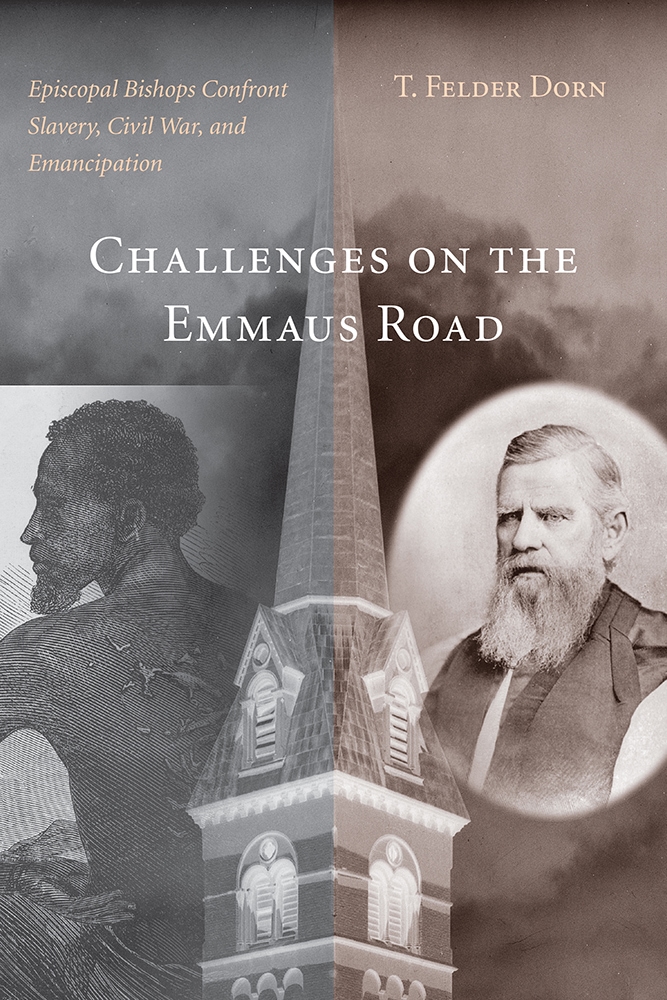Black History Month Sale: 40% off all books, plus FREE SHIPPING on all U.S. orders over $50 | Use code JBHM26

Size: 6 x 9
Pages: 488
Illustrations:
T. Felder Dorn
The inclusion of this book in the Open Carolina collection is made possible by the generous funding of
"While historians are hesitant to brand any study as the final word on a particular topic, it is hard to imagine anyone producing a piece of scholarship on this topic that would eclipse Dorn's masterfully crafted chronicle."—Jonathan A. Noyalas, Civil War News
"Dorn has allowed the leading figures to speak for themselves giving us a clean window into those times unclouded by contemporary interpretations. This work is far more significant than the history of a particular denomination for it speaks with candor and clarity of irreconcilable differences that were transcended in the end by faith. Having taught this subject for many years I can only lament that this work was not available at that time."—C. FitzSimons Allison, 12th Bishop of South Carolina (ret.)
"For those interested in the voluminous records left by nineteenth-century Episcopal leadership, Dorn's book will be the place to look first: his research is, quite simply, prodigious."—Luke E. Harlow, Journal of Southern Religion
"In Challenges on the Emmaus Road, Felder Dorn provides us with a treasure trove of information about the Episcopal Church and slavery during the period surrounding the Civil War. His profiles of the bishops of the church, particularly in the slaveholding states, are fair, comprehensive and meticulously documented. He writes with great clarity, allowing readers to make their own conclusions."—The Rev. Andrew G. Kadel, director of the Christoph Keller, Jr. Library of the General Theological Seminary of the Episcopal Church, New York.
"The ministry of Episcopal bishops provides the lens through which T. Felder Dorn presents an interesting and well researched look at the challenging issues during the American Civil War era. A must read for understanding the context and complexity of the role of The Episcopal Church during this period."—The Right Reverend Thomas C. Ely, Episcopal Diocese of Vermont
"Adding to a wealth of recent works examining the role of organized religion in the politics of slavery and secession, Dorn offers a thoroughly researched and engagingly written look at Protestant Episcopal bishops during a period of great turmoil."—Timothy Wesley, Journal of the Civil War Era
"T. Felder Dorn offers a thorough history of The Episcopal Church's Bishops, North and South, in the years around the Civil War, letting the primary sources speak clearly for themselves. He gently exposes the shameful paradox with which the bishops lived in relationship to African-Americans: 'Equal in God's eyes but not in the sight of man.'"—The Right Reverend Scott Anson Benhase, Bishop, Diocese of Georgia
"In this workmanlike, thorough, and largely dispassionate study, Dorn has made a great contribution."—Sewanee Theological Review
Copyright 2026
Website By Morweb.org